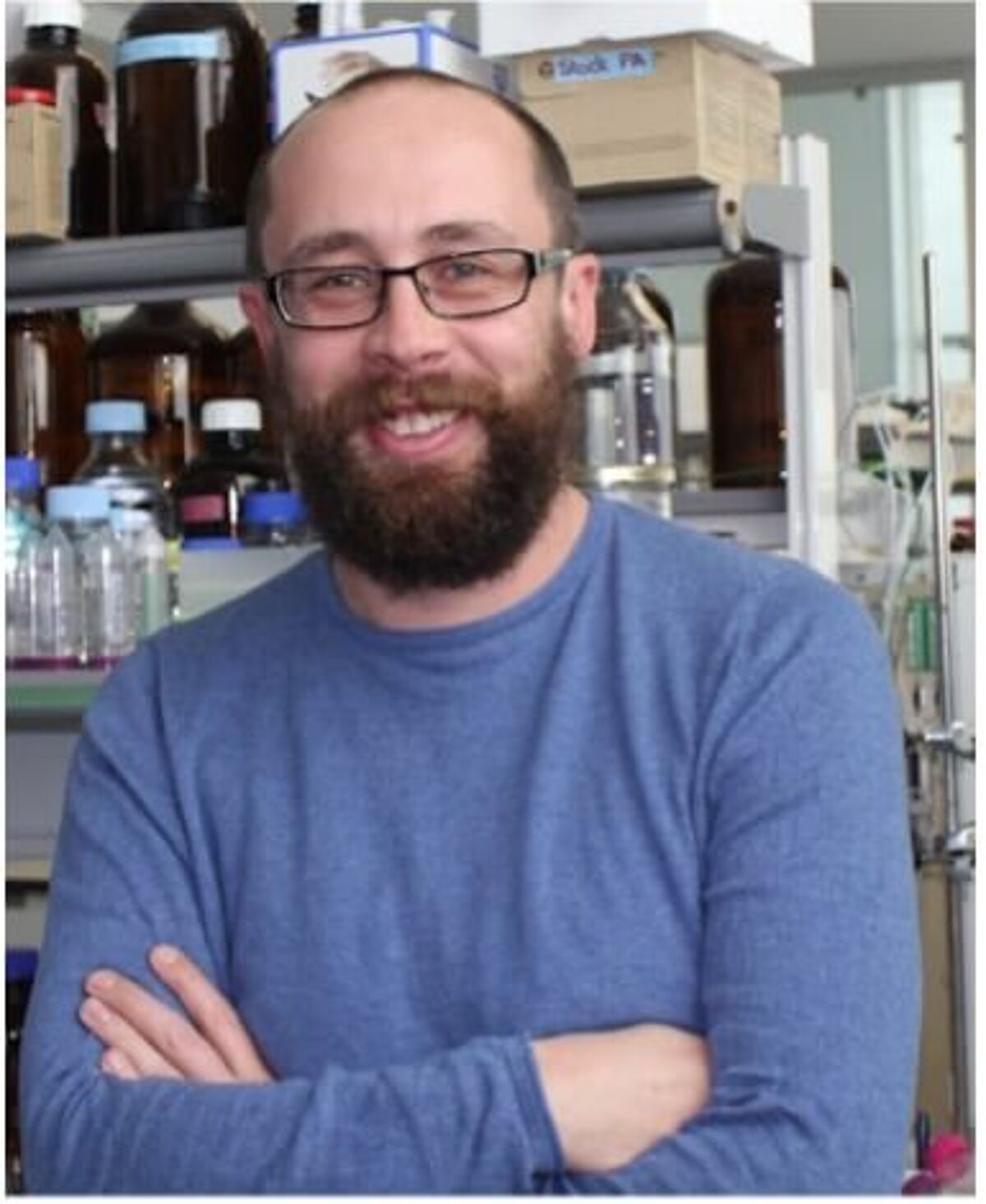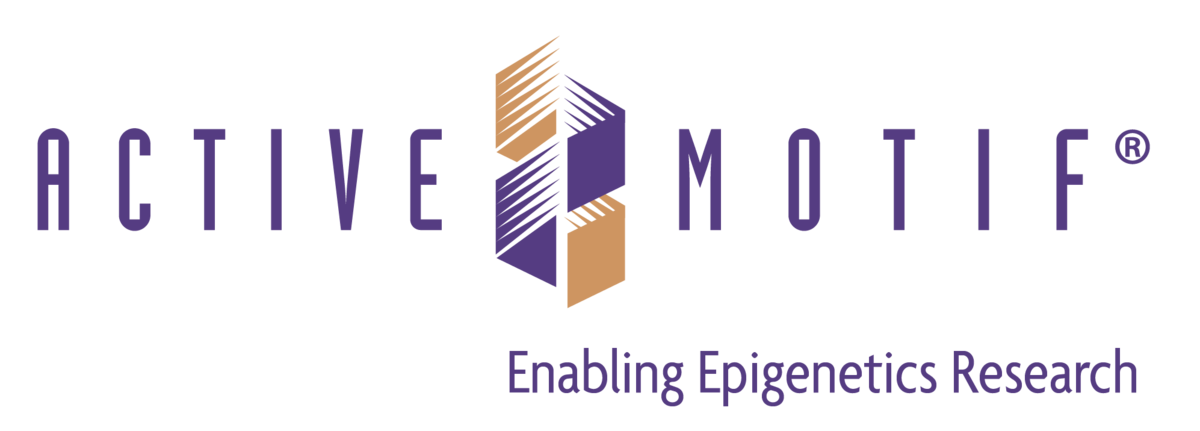Introduction: Common Caffeinated Beverages with a Generally Unknown Association with Health
Coffee and tea ‐ the most consumed beverages worldwide besides water ‐ contain a complex mixture of compounds of various chemical classes; however, the pharmacologically-active substance caffeine may represent the most well-known. Interestingly, the impact on human health of regular coffee (Nieber) and tea (Khan and Mukhtar) consumption remains hotly debated, with a range of studies on this topic reporting often contradictory findings; furthermore, the detailed biological mechanisms that respond to coffee and tea consumption and then induce altered disease risk are incompletely understood.

Linking DNA Methylation Alterations to Coffee and Tea Consumption
Epigenetics can mediate the effects of dietary and lifestyle factors on disease onset, and two previous epigenome-wide association studies (EWAS) reported the association of DNA methylation status at certain CpGs with tea or coffee consumption (Ek et al. and Chuang et al.); however, these studies employed modest sample sizes. To solve this problem and fully establish a strong link between coffee and tea consumption and human disease risk, researchers headed by Mohsen Ghanbari (Erasmus University Medical Center, Rotterdam, Netherlands) undertook a large-scale EWAS meta-analysis of blood samples isolated from around 16,000 middle-aged and elderly European and African American individuals from fifteen different cohorts.
Coffee Beats Tea for Differential Methylation of CpGs
Karabegović and colleagues first described how their meta-analysis of coffee consumption revealed significant associations with differential DNA methylation of peripheral blood-derived DNA at eleven CpGs. Overall, high coffee intake correlated with lower methylation at CpGs annotated to the AHRR gene, which forms part of the xenobiotic metabolism pathway, and the F2RL3, GFI1, and IER3 genes, which are involved in a range of phenotypes, including inflammatory responses, cancer, and cardio-metabolic diseases. High coffee intake also induced the opposite effect at specific sites, inducing higher methylation at CpGs that annotated to the LINC-PINT gene, which currently lacks any reported links with disease predisposition, and the HDAC4 gene, which encodes a histone deacetylase involved in cocaine-related behaviors (Penrod et al. and Kumar et al.).
Additionally, one CpG sites (cg14476101; Whal et al.) with coffee-associated differential-methylation significantly associated with PHGDH (encoding phosphoglycerate dehydrogenase) gene expression and fatty liver disease risk (Ma et al.). These findings, combined with those of earlier EWAS, indicate that coffee intake alters PHGDH gene expression and liver function by altering the methylation of cg14476101. Interestingly, PHGDH knockdown in liver cells altered the expression of lipid-associated genes (decreased LPL and increased LDLR and ABCA1), suggesting that the regulation of PHGDH expression impacts lipid metabolism in the liver.
Unfortunately, the meta-analysis of tea consumption failed to reveal any significant associations, although two CpGs associated with the CACNA1A and PRDM16 (encoding a histone methyltransferase) genes displayed nominal associations. Compared with coffee, the lack of statistically significant associations compared to tea consumption may derive from the presence/higher abundance of specific nutrients only in coffee, such as caffeine or various phenolic compounds (Temple et al.).
Tea and Coffee: Strengths and Weaknesses
Overall, this study suggests that coffee beats tea when altering DNA methylation levels at specific CpGs to modify disease risk. The large sample size and multi-ethnic contribution and the incorporation of different adjustment models to limit confounding represented the significant strengths of this study; however, the authors also note some limitations, such as a residual confounding effect of smoking (Joehanes et al.) (heavier smokers tend to drink more coffee (Bjørngaard et al.)) and the absence of age groups other than middle-aged and elderly individuals, which they aimed to address in their continuing research. They also noted the need to further explore the biological relevance of the associated DNA methylation sites and genes concerning different health outcomes.
For more on how coffee and tea may impact your DNA methylation profile to influence disease risk, see Nature Communications, May 2021.
About the author

Stuart P. Atkinson, Ph.D.
Stuart was born and grew up in the idyllic town of Lanark (Scotland). He later studied biochemistry at the University of Strathclyde in Glasgow (Scotland) before gaining his Ph.D. in medical oncology; his thesis described the epigenetic regulation of the telomerase gene promoters in cancer cells. Following Post-doctoral stays in Newcastle (England) and Valencia (Spain) where his varied research aims included the exploration of epigenetics in embryonic and induced pluripotent stem cells, Stuart moved into project management and scientific writing/editing where his current interests include polymer chemistry, cancer research, regenerative medicine, and epigenetics. While not glued to his laptop, Stuart enjoys exploring the Spanish mountains and coastlines (and everywhere in between) and the food and drink that it provides!
Contact Stuart on Twitter with any questions
Supplier

Active Motif
Active Motif offers all you need for researching epigenetics and gene regulation: from sonification devices to ChIP-Seq, CUT&Tag kits as well as validated antibodies.
